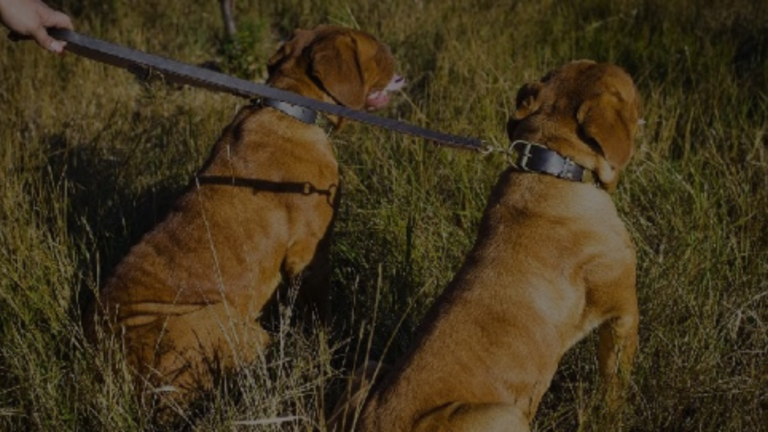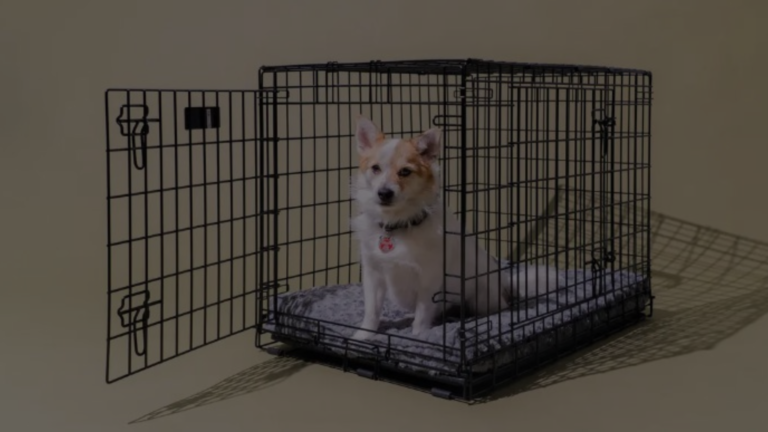Has your furry friend developed a habit of abruptly stopping mid-walk, mid-play, or even mid-snuggle for a seemingly unprompted sit? While it might appear amusing at first, witnessing your dog sit down suddenly can leave you wondering if something’s wrong.
Fear not, pet parent! This article delves into the various reasons behind why does my dog keep sitting down suddenly, equipping you to understand your canine companion’s behavior and ensure their well-being.
Understanding Canine Communication
Before diving into specific reasons, remember that sitting is a common canine communication tool. It can convey a range of emotions and intentions, from relaxation and contentment to discomfort and apprehension. Observing your dog’s body language, surrounding context, and overall demeanor will offer valuable clues to decode their sudden sitting spree.
Why Does My Dog Keep Sitting Down Suddenly?
Physical Discomfort
- Musculoskeletal Issues: Sudden sits can indicate pain or discomfort in your dog’s joints, muscles, or paws. If they struggle to get up, limp, or seem reluctant to move, consult your veterinarian promptly.
- Arthritis: Older dogs are more prone to arthritis, which can cause stiffness and pain, leading to frequent sitting breaks. Discuss pain management options with your vet.
- Digestive Issues: Intestinal discomfort, bloating, or anal gland issues can make sitting more comfortable than standing. Monitor for other signs like vomiting, diarrhea, or scooting on the ground.

Environmental Factors
- Fear or Anxiety: Unfamiliar surroundings, loud noises, or other perceived threats can trigger anxiety in dogs, causing them to freeze or sit in an attempt to appear non-threatening. Address the source of stress and provide comfort.
- Overheating: During hot weather, dogs may sit to conserve energy and cool down. Ensure access to shade, and fresh water, and avoid strenuous activity in extreme temperatures.
- Boredom or Lack of Stimulation: An understimulated dog might sit out of boredom, seeking attention or activity. Provide adequate mental and physical exercise to keep them engaged.
Communication and Training
- Asking for Attention: Sometimes, your dog’s sudden sit is simply a request for interaction, a belly rub, or a treat. Respond positively to reinforce good behavior and strengthen your bond.
- Trained Behavior: If your dog has been trained to “sit” on command, they might offer unsolicited sits in anticipation of a reward. Be mindful of reinforcing this behavior only when intended.
- Potty Signals: Some dogs sit to indicate bathroom needs. Observe if they whine, sniff around, or show other potty cues alongside the sitting.
Age-Related Changes
- Puppy Development: Young puppies are still learning coordination and may stumble or sit frequently. This usually improves with age and proper training.
- Senior Concerns: Older dogs might sit more often due to reduced stamina, weaker muscles, or age-related health issues. Provide comfortable resting spaces and adjust their activity level accordingly.

Addressing Specific Scenarios of Sudden Sits
Now that we’ve explored the general reasons behind your dog’s sudden sitting behavior, let’s delve into specific scenarios to provide more targeted guidance:
Scenario 1: Sudden Sits During Walks
- Possible Reasons: Fatigue, joint pain, fear of something in the environment, overheating, needing to go potty.
- What to Do: Adjust walk duration/intensity, check for limping/discomfort, offer water/shade, observe potty cues, and desensitize to triggers.
- Additional Tips: Use a comfortable harness, carry water and poop bags, choose familiar routes initially, and avoid walks during peak heat.
Scenario 2: Sudden Sits During Play
- Possible Reasons: Overexcitement, needing a break, pain from rough play, attention-seeking.
- What to Do: Take short play breaks, use calming toys, ensure gentle play, reward good behavior, and provide alternative attention.
- Additional Tips: Match play style to your dog’s age and size, supervise playtime closely and avoid overly stimulating toys or games.
Scenario 3: Sudden Sits in New Environments
- Possible Reasons: Anxiety, fear of the unknown, seeking reassurance.
- What to Do: Gradually introduce new environments, offer treats/praise for calmness, provide a safe space to retreat, and practice positive reinforcement.
- Additional Tips: Start with short exposures, use calming aids like pheromone diffusers, and prioritize positive experiences.

Scenario 4: Sudden Sits Around Other Dogs
- Possible Reasons: Unsureness, fear, overexcitement, wanting to play.
- What to Do: Observe body language, only allow interaction with friendly dogs, practice positive socialization techniques, and respect your dog’s comfort level.
- Additional Tips: Introduce dogs in neutral territory, use leashes for initial interactions, and prioritize positive experiences.
When to Seek Professional Help
While occasional sudden sits are usually harmless, consult your veterinarian if:
- The behavior is new or persistent.
- The sits are accompanied by other concerning symptoms like pain, limping, lethargy, or loss of appetite.
- Your dog seems overly anxious or fearful during their sudden sits.
Additional Tips
- Monitor your dog’s overall health and behavior to identify any patterns or changes.
- Create a safe and stimulating environment to minimize stress and boredom.
- Provide regular exercise and mental stimulation tailored to your dog’s age and breed.
- Build a strong communication bond through positive reinforcement training.
- If unsure, always err on the side of caution and seek professional veterinary advice.
Remember: Your dog’s sudden sits are their way of communicating. By understanding the potential reasons and observing their behavior closely, you can ensure their well-being and strengthen your furry friendship.
Resources & References
- American College of Veterinary Behaviorists: https://www.dacvb.org/search/custom.asp?id=5985
- American Veterinary Medical Association: https://www.avma.org/
- Association of Professional Dog Trainers: https://apdt.com/
- Karen Pryor Clicker Training: http://www.clickertraining.com/
FAQs About Why Your Dog Keeps Sitting Down Suddenly
My dog sits down suddenly during walks, is it tired?
Yes, fatigue is a common reason for dogs to sit abruptly during walks. Consider their age, breed, and the length/intensity of the walk. Adjust the duration or provide rest breaks. However, sudden sits can also indicate joint pain, overheating, or needing to go potty. Monitor other signs and adjust accordingly.
My dog sits down while playing, are they bored?
Not necessarily! While boredom can lead to sitting, sudden sits during play could also mean they’re overexcited, need a break, or experience pain from rough play. Observe their body language and adjust playtime intensity, offer calming toys, or redirect them to gentler activities.
My dog sits down a lot in new places, are they anxious?
Anxiety is a potential culprit for frequent sitting in unfamiliar environments. Gradually introduce them to new places, offer positive reinforcement for calmness, and provide a safe space to retreat. Pheromone diffusers can also help manage anxiety.
My dog sits down around other dogs, what does it mean?
Unsureness, fear, overexcitement, or simply wanting to play are all possibilities. Observe their body language, ensure positive first interactions with friendly dogs, practice socialization techniques, and respect their comfort level. Always use leashes initially.
Should I worry if my dog suddenly sits down frequently?
Occasional sits are usually harmless. However, consult your veterinarian if the behavior is new, persistent, or accompanied by other symptoms like pain, limping lethargy, or loss of appetite. They can rule out any underlying health concerns.
How can I understand my dog’s sudden sits better?
Pay attention to the context, their body language, and any accompanying symptoms. Consider their age, breed, and individual personality. If unsure, don’t hesitate to seek professional advice from a veterinarian or qualified dog trainer.







